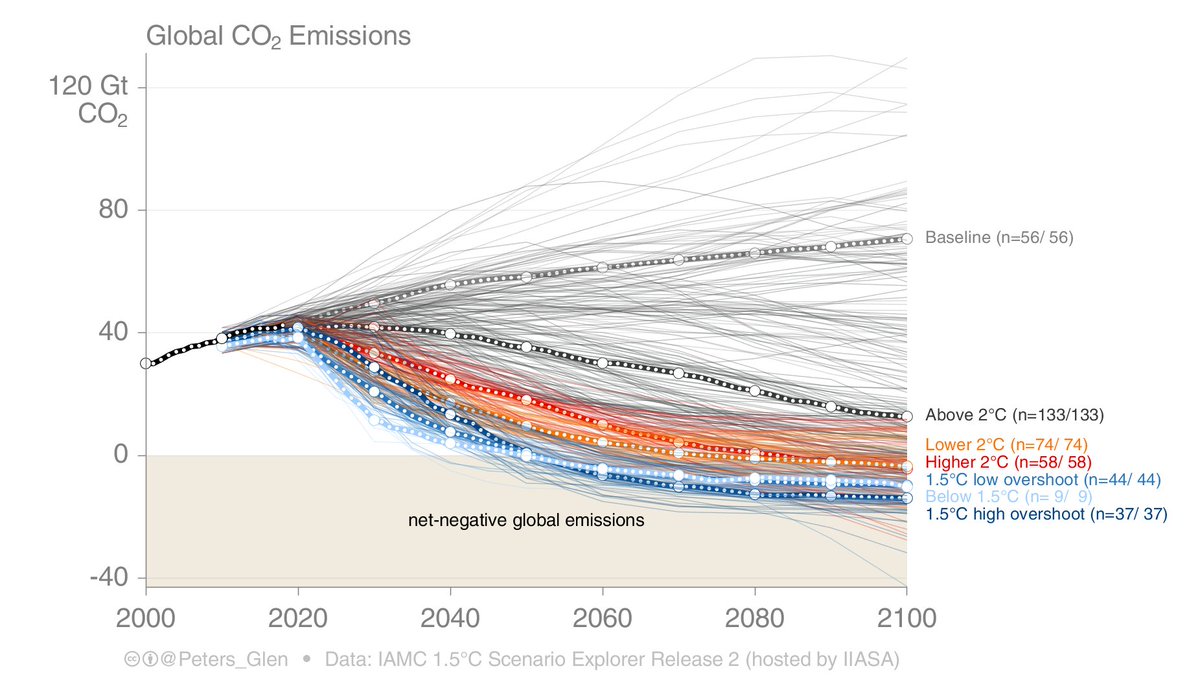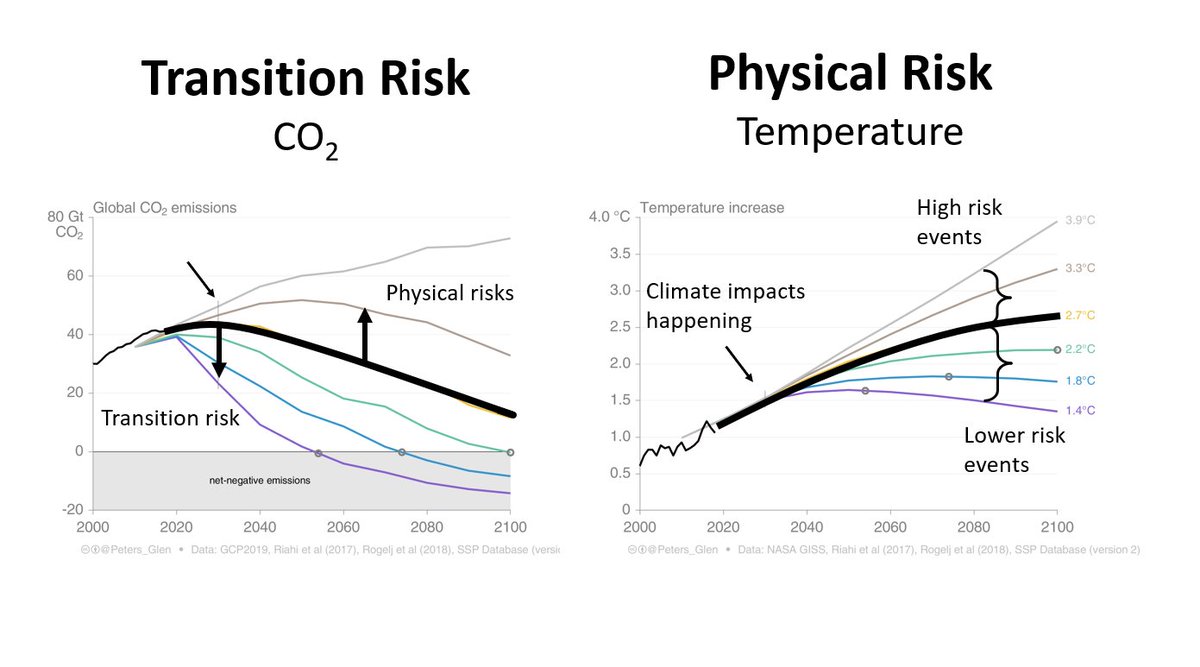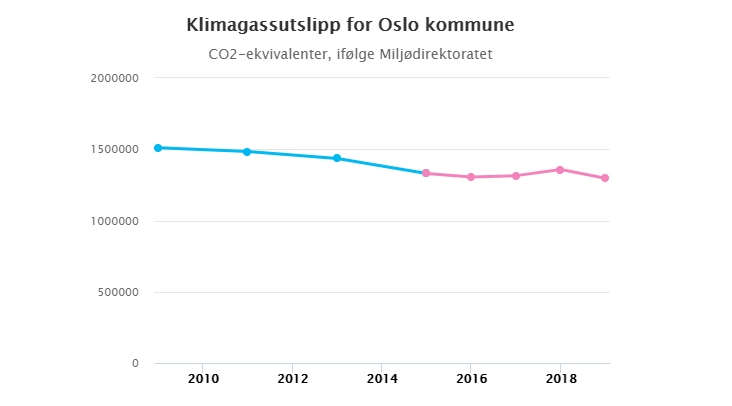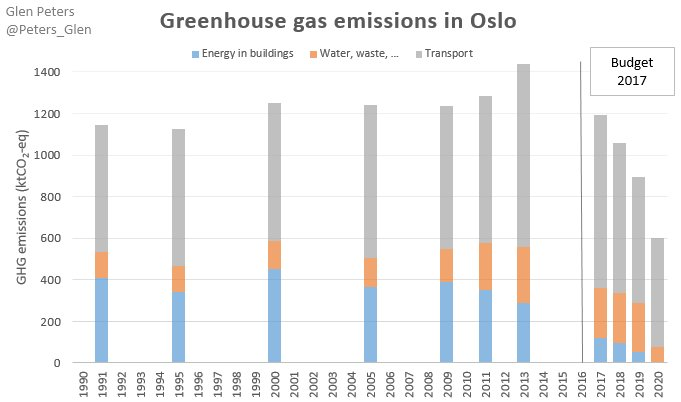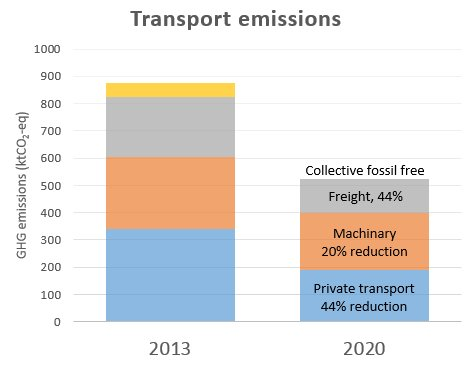
"If you gave the average CEO a multiple-choice question whether the Paris Agreement goal is 2°C or 1.5°C, I wonder what they would write"
Let's see... bloomberg.com/news/articles/…
Let's see... bloomberg.com/news/articles/…
According to @CFigueres chatting to @MLiebreich
The hard target in the Paris Agreement is “well below 2°C” (you have to do this). The soft target is 1.5°C (the aspiration, we would like to do this).
Listen to the whole Episode 6 liebreich.com/cleaning-up/
The hard target in the Paris Agreement is “well below 2°C” (you have to do this). The soft target is 1.5°C (the aspiration, we would like to do this).
Listen to the whole Episode 6 liebreich.com/cleaning-up/
The Paris Agreement asked IPCC do to a Special Report on Global Warming of 1.5C. This was done in the Paris Agreement "decision" text. This was why there was a 1.5°C report (interestingly not a "well below 2°C" report)
unfccc.int/process-and-me…
unfccc.int/process-and-me…

Many people now think the Paris Agreement has a hard target of 1.5°C, because they confuse UNFCCC & IPCC (?). Perhaps this was a clever intention?
The IPCC SR15 is not the Paris Agreement nor a report about the Paris Agreement. It is a report about 1.5°C, one element of Paris.
The IPCC SR15 is not the Paris Agreement nor a report about the Paris Agreement. It is a report about 1.5°C, one element of Paris.
Similar on net-zero. Paris is about a "balance" 2050-2100 in *GHGs*, SR15 wrote “net zero CO₂ emissions” by 2050 for 1.5°C.
Somehow, the Paris Agreement has become net-zero GHG by 2050. Good for climate, bad for facts...
Somehow, the Paris Agreement has become net-zero GHG by 2050. Good for climate, bad for facts...

People that don’t understand these nuances are not over the detail, which probably means there is more talk than action. And this is why capitalism is struggling with the language of climate...
@AkshatRathi bloomberg.com/news/articles/…
@AkshatRathi bloomberg.com/news/articles/…
• • •
Missing some Tweet in this thread? You can try to
force a refresh








